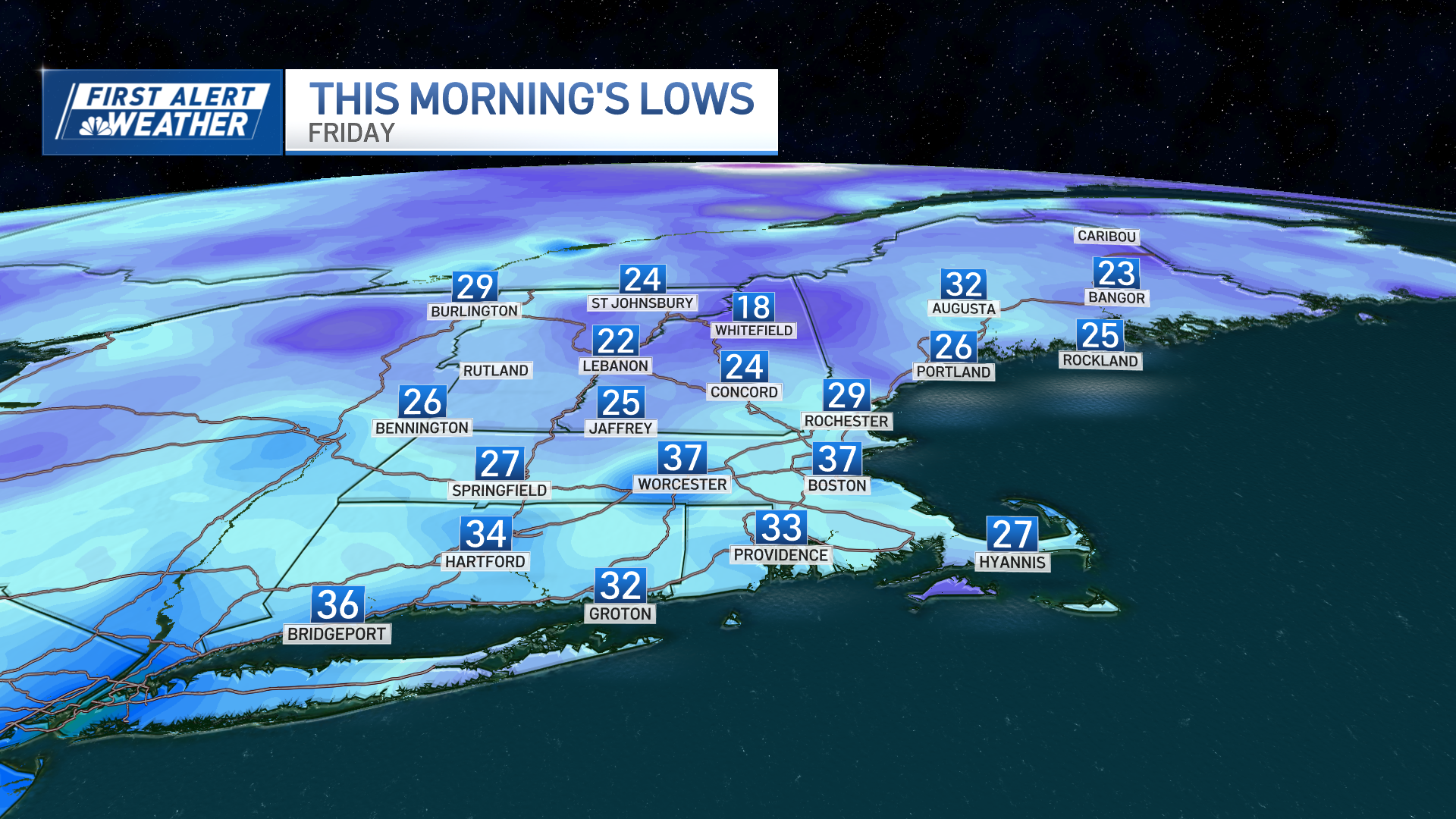(NECN: Peter Howe, Logan International Airport, Boston) After more than nine-years of post-9/11 airport security, they are words you might never imagine hearing from the head of the Transportation Security Administration: "Virtually everyone who travels is not a terrorist."
But that's exactly what TSA Administrator John Pistole told The Wall Street Journal's "Middle Seat" columnist Scott McCartney in a story published Thursday, revealing that the TSA is developing plans for a so-called trusted traveler program that would stop treating all 100 million Americans who fly every year as if they might be one of the 6,000 on the air-travel watch list -- or the 450 on the "no-fly" list.
Pistole said the TSA envisions a system cross-checking people who are longtime registered members of airline frequent flyer programs, with years of documented travel habits, against government databases of suspected terrorists or suspected potential suicide bombers or hijackers. Those who come up as known, trusted travelers could get a special bar code imprinted on their airline boarding pass that, when inspected by a TSA officer at a checkpoint, would let the person go through a less intense security screening line -- through which they might even be able to keep their shoes on.
"I like it," said Gloria Greenfield of Lexington, Mass., preparing to board a Delta flight Thursday. Like so many frequent air travelers, she hates the hassle, delays and groping associated with the current airport security regimen. "If there was a way to expedite travel for me, I'd like it. I'd even pay something to do it.''
"It sounds more convenient, for sure,'' said Robert Wise of Boston, traveling with his brother to visit their grandparents in Orlando, Fla. "I mean, every time you've got to wait in line, you're just wasting time.''
At Colpitts World Travel in Dedham, Mass., a big corporate-travel planner and consultant, CEO Alan Krensky said a trusted-traveler exemption could bring back billions in business for airlines and the travel industry generally, by eliminating a huge disincentive for people to fly, particularly on routes like Boston-New York.
"One of the frustrations when you travel is the unknown of the security line,'' Krensky said. In his own experience, it can range from "no wait to an average of 10 minute wait to sometimes a 40 minute wait -- so it's just such an unknown situation. It's a very frustrating situation.''
Local
Now, you probably should not hold your breath waiting for trusted traveler to appear. Pistole told the Wall Street Journal you might see trials of aspects of the program as soon as this summer, but it could take years to be fully rolled out. It might start initially only on flights that have air marshals on board, or are small regional-jet flights between pairs of cities that don't have any international prominence that makes them attractive to disaster-plotting Islamic-extremist terrorists. There would be flights where everyone has to go through the most rigorous level of scrutiny, and the TSA would in any event always maintain an element of randomness and unpredictability to keep would be air-terrorists on their toes. Late Thursday a TSA official told me in an e-mail by way of background that "developing additional ways to further incorporate identity-based security into our overall procedures to strengthen security on board commercial aircraft is a commonsense next step to help us continue to keep the traveling public safe, while focusing limited resources on travelers we know the least about - and ultimately expediting the process for the majority of passengers. While this concept and any details are still under consideration, our efforts to move in this direction align with Administrator Pistole's publicly-stated vision to further focus TSA's counter-terrorism efforts, moving away from a one-size fits all system and implementing more risk-based security solutions. As always, TSA will continue to implement randomness and unpredictability into our procedures so that terrorists can't game the system.''
In the meantime, travelers have some ideas for speeding up security lines.
"If you just had instructions to people how better to go through the actual security line,'' Wise said, "that might save more time" than a full trusted-traveler effort.
Krensky said he's repeatedly been driven to exasperation by people who stand in line for several minutes and then only when they get to the front of the line begin spending several more minutes removing "wristbands and ankle bracelets and all that -- and if you just get behind that person it's kind of like having a bad experience at a Dunkin' Donuts line or something" behind the person offering 17 custom-blended coffee drinks for their office.
With videographer Mike Bellwin



